On January 20, Donald Trump returns to the White House as the 47th president of the US, vowing to turn the country into a Bitcoin (BTC) stronghold. This statement has captured the attention of bitcoiners around the world. Many hope that upon taking over, he will usher in a digital version of the American Dream for the cryptocurrency world. That is why CriptoNoticias collected the opinions of Argentine bitcoiners, inhabitants of a country that has lived both dreams and economic nightmares.
During his campaign, Trump made a total of 10 promises related to the digital asset sector. Among them, promised to make the digital currency part of the US national reserveas well as favorable regulation that allows the growth of the industry. These are topics that bitcoiners and other communities discuss in various parts of the planet.
In Argentina, the community that revolves around cryptocurrencies is torn between hope and uncertainty before the arrival of a president in the United States who is friendly to digital assets. The question in the air is whether this will become a dream or a financial nightmare.
Marcos Zócaro, university professor and member of the NGO Bitcoin Argentina, comments: “Clearly, this change in trend favors the adoption of bitcoin, not only in the United States, but globally.” According to him, these promises not only encourage other countries to think about strategic reserves of the pioneering digital currency, but also They unleash a “race for bitcoin” where no one wants to be left behind.

Adam Dubove, entrepreneur, columnist and libertarian activist, is optimistic about the impact of a US bitcoin reserve, stating that: “The creation of a bitcoin reserve by the United States would boost demand and push up the price of bitcoin.” active up.
However, Dubove is critical of how this initiative would be financed: “I would never promote the government to buy bitcoin with money that is plundered from its citizens.” His ideal vision would be a decrease in public spending and taxes, adding that friendly regulation could be beneficial.
Regarding the potential impact on Latin America, Dubove is clear: “If Trump keeps his promises, he could influence many people to adopt bitcoin as a savings strategy,” anticipating a “herd behavior” effect, especially among young Trump followers. on the continent.
For his part, Zócaro pointed out that the influence that Trump could have in Latin America Regarding Bitcoin policies, it will depend on the specific regulatory measures that are implemented. “If more favorable measures are adopted towards mining, trading and holding bitcoin in the US, it could generate pressure for Latin American countries to accelerate its adoption,” he explained, underlining the impact this could have. in the global economy.
The case of Argentina under Javier Milei
Trump’s policies could have a particular echo in Argentina, where Javier Milei, a president known for his libertarian ideology and pro-bitcoin leanings, leads the country. However, the implementation of a bitcoin reserve in Argentina under Milei faces skepticism:
Dubove explains:
«I don’t think there will be any proposal of that style in the short term. Basically, all the savings that the Argentine government achieves through the fiscal surplus is aimed at paying short-term debt, so I do not see it feasible for that money to be stored in bitcoin, while the debts are denominated in dollars. Once this situation is normalized, I hope that the fiscal surplus will translate into a tax reduction and will not be allocated to buy bitcoin. In the case of Argentina, I think it would be very unfavorable for the president to promote a bitcoin reserve; “It would contradict his philosophy and political ideas and could put his credibility at risk.”
Adam Dubove, Argentine columnist and libertarian activist.

Zócaro also does not believe that President Javier Milei will promote a bitcoin reserve. And although he recognizes the liberal and pro-innovation profile of the Argentine ruler, he questions his deep knowledge of Bitcoin: “I don’t know how much deep knowledge he has of Bitcoin.” He added that although the close relationship with Trump could play a role, the possibility of Argentina proposing a national treasury in BTC in the short term is lowespecially considering the electoral context and the need for greater education on the subject among political sectors and the population.
“It may not be seen well by various political sectors,” Zócaro concluded, indicating that there is still a long way to go in terms of education and acceptance of Bitcoin in Argentina.
The other side of the coin of bitcoin reserves
Also Argentine Manuel Ferrari, known for his defense of Bitcoin, offered a nuanced view on Donald Trump’s promises to accumulate the digital currency for the United States reserves, highlighting both the positive and problematic implications of such a policy.
Ferrari expressed “mixed feelings” about the idea of sovereign states accumulating reserves in Bitcoin. From a speculative perspective, he sees a clear benefit: “If more states begin to use Bitcoin as a store of value, this would increase its demand, given the limited supply of the digital currency. “The asset would appreciate,” which is attractive to those who own bitcoin. However, his liberal and libertarian vision leads him to oppose this idea.
According to Ferrari, the purchase of bitcoin by the State can only be financed in two harmful ways: “charging taxes, which I consider a theft from citizens, or issuing fiduciary money without backing.” In both cases, the result is the centralization of an asset that should be decentralized, putting control of bitcoin in the hands of the State.

If the States really had surpluses, the logical thing would be to reduce taxes and allow the economy to regulate itself. The idea that fiat money needs reserves is a fallacy: neither the dollar in the United States nor the Argentine peso have any backing. Reserves are nothing more than an instrument to manipulate monetary rates and policies, something that only benefits the state bureaucracy and not the market or individuals.
Manuel Ferrari, Argentine bitcoiner and co-founder of Money On Chain.
In his conclusion, Ferrari emphasizes that “State intervention in the management of Bitcoin does not make sense.” It emphasizes the superiority of a free, decentralized economy over any form of centralized control, whether by the United States Federal Reserve or any other central bank.
Trump’s promises have ignited a debate in Argentinawith views ranging from optimism to harsh criticism. Under Milei’s leadership, the possibility of following the US example seems remote, but not impossible.
In this new political context, Argentines are convinced that Navigating Trump’s promises would only add more complexity to his economic outlook.
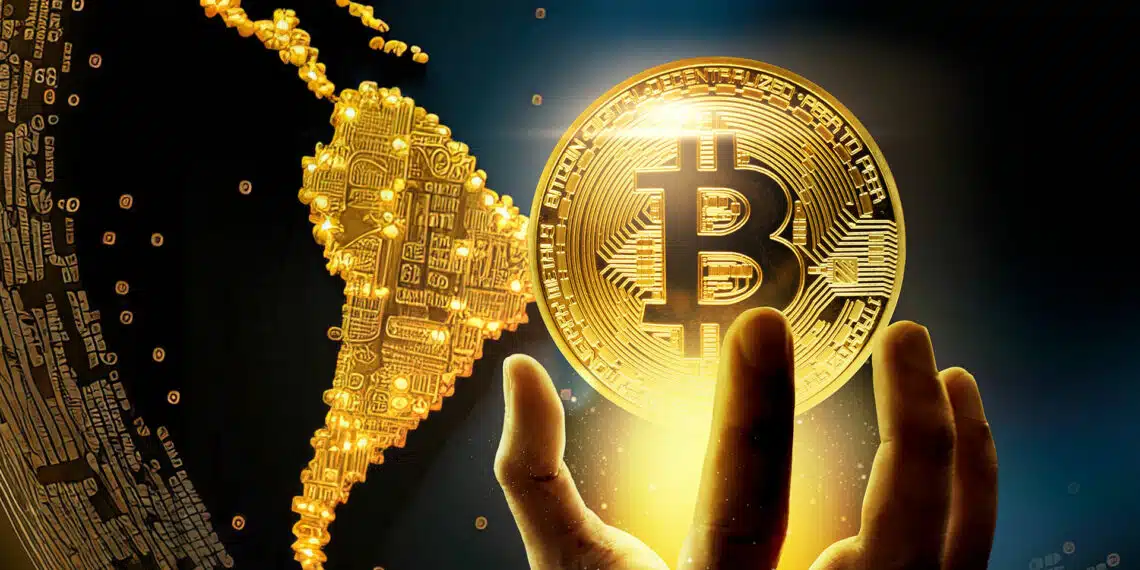

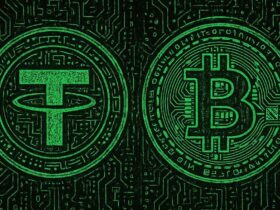
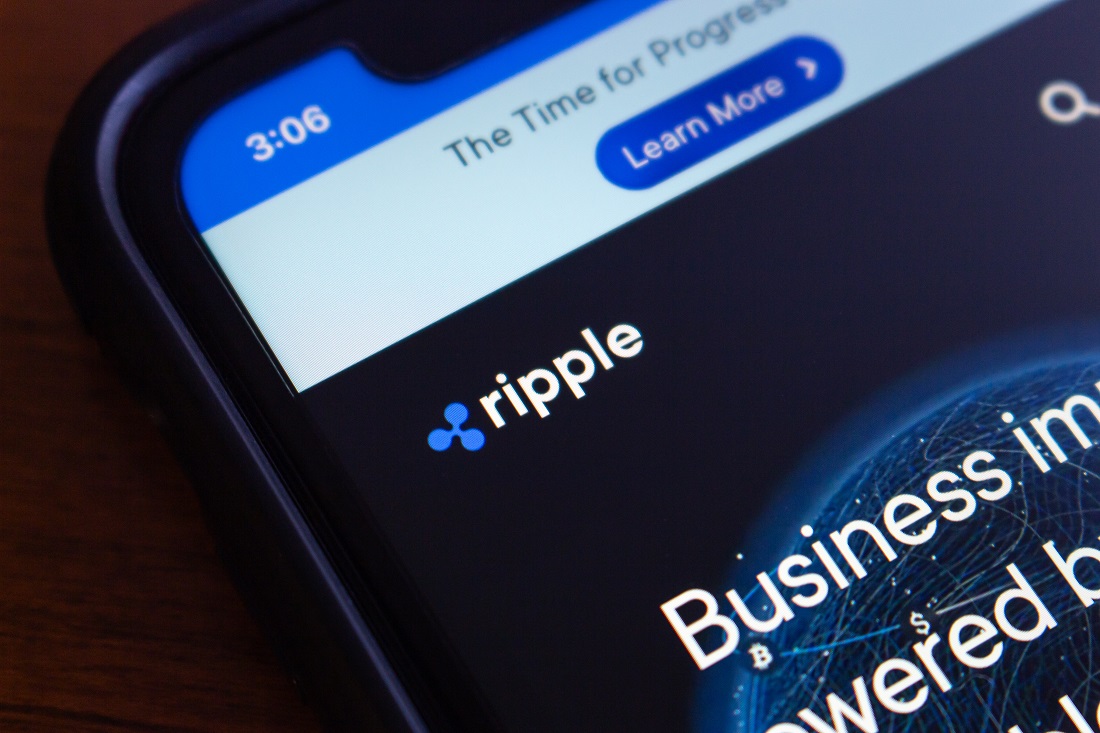
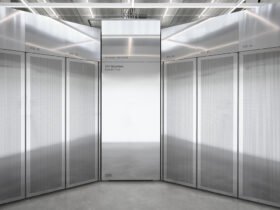
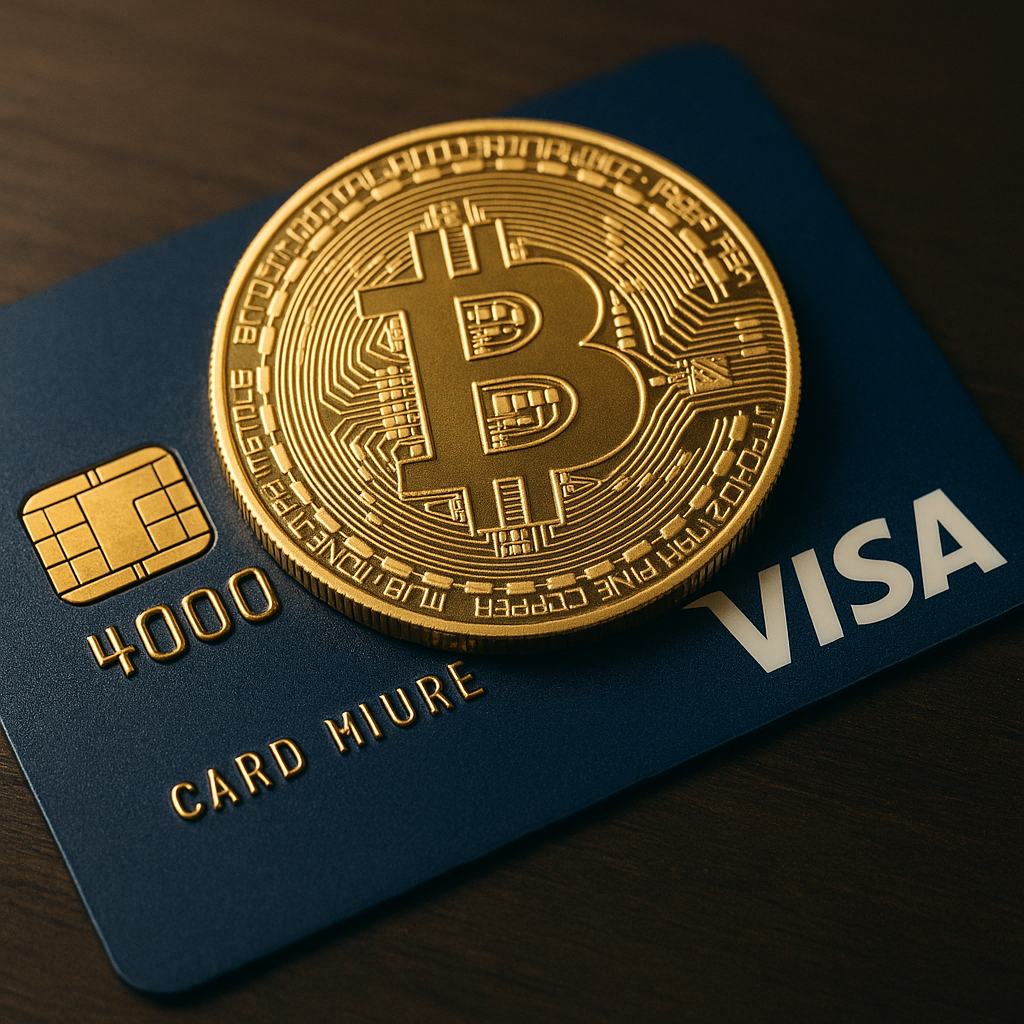
Leave a Reply